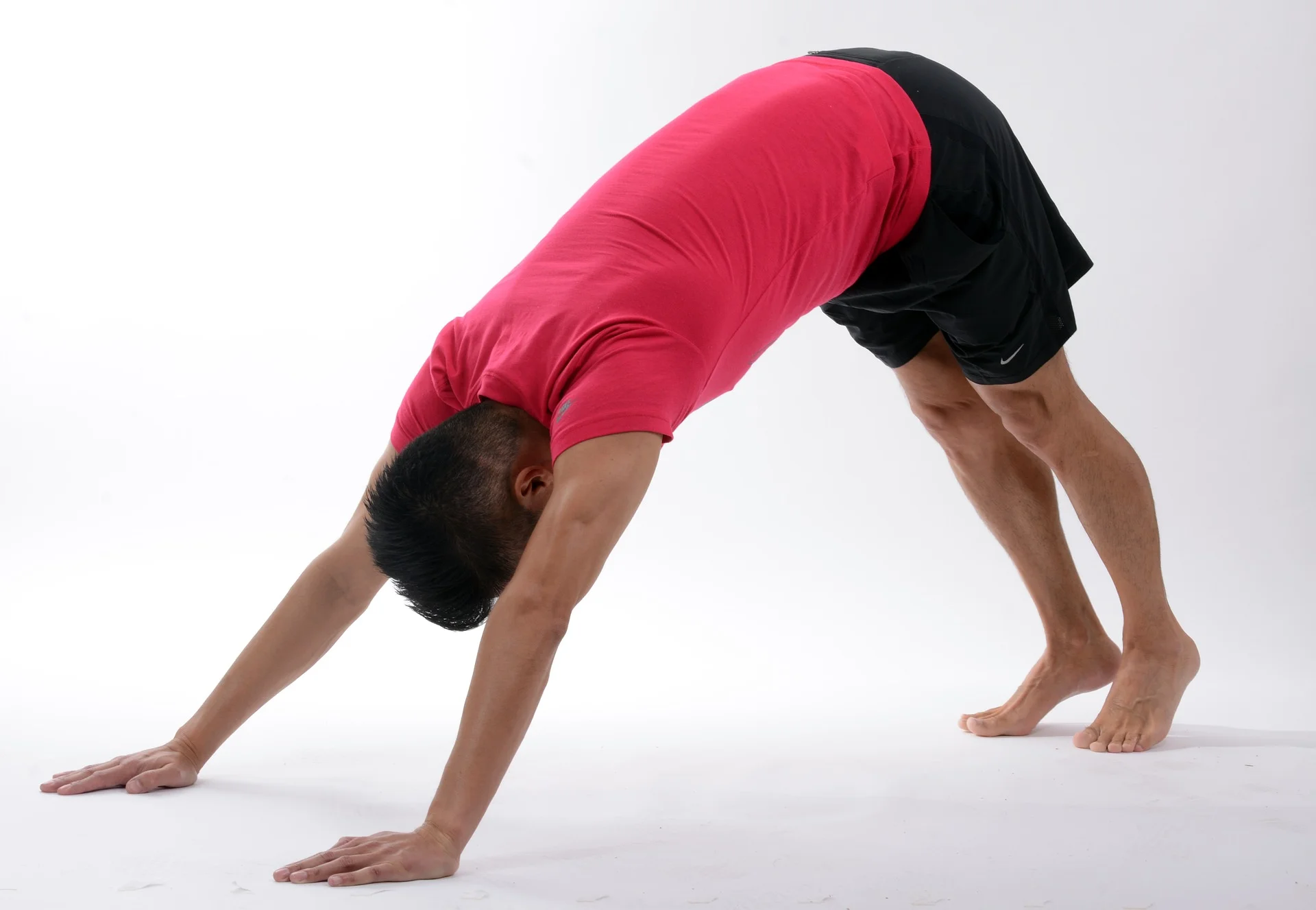Author: Kim Seymour PT, DPT: Doctor of Physical Therapy. Kim loves putting the power of healing in the hands of her clients. Kim is a proud mother, runner and soccer player. Kim makes it an emphasis to provide people with right tools and know-how to manage and treat areas of concern and prevent problems or injuries from happening in the future.
There’s no avoiding it; if we don't take care of ourselves, as we age a whole host of new challenges can appear. Fingers and joints may become sore after mundane chores, and physical undertakings that once brought joy now result in discomfort. It can be easy to become discouraged away from participating in activities that bring on these symptoms, but fortunately, there are methods readily available to help put the spring back in your step.
Reevaluate Your Posture
Since professions that require long hours spent at a desk in front of the computer are becoming more and more commonplace, it is not unusual to see an increase in injuries resulting from poor posture. One of the most common side effects of sitting incorrectly is having sore muscles. While it may seem unusual that not keeping one’s backbone straight would cause muscles to feel pain, using incorrect posture results in additional muscles being called upon to help stabilize the spine. As a result, muscles are forced to have an increased workload, leading to pain and even injury.
If you sit at a desk all day, or lead a relatively sedentary lifestyle, always be conscientious of your posture. Focus on sitting straight for longer and longer periods of time if at first you find that doing so is too difficult. As the muscles around your spinal column become stronger, you’ll find that it’s easier to maintain correct posture, and also prevent permanent incorrect curvature of the spine.
Drink Plenty of Fluids
Throughout the course of a day, it can be relatively easy to become dehydrated. For many, coffee is a necessary addition to any workday. But, what they don’t realize, is that coffee serves as a diuretic. As you drink the beverage throughout the day, your body is stimulated to begin expending fluids through the process of urination. This, in turn, can lead to dehydration if enough water isn’t consumed. Should the body lose enough fluids, painful cramps can set within the muscles and can make you feel sluggish and weak.
If you must drink coffee, be sure to alternate cups with water. Make a point of trying to drink several large cups a day. Should you find yourself cramping up, drinking a beverage filled with electrolytes can quickly combat the effects of dehydration. When it comes to having enough fluids, an ounce of prevention will always be worth a pound of cure.
Get Some Sleep
For those who try and maximize every minute of their day, going to sleep can seem like a productivity killer. After all, time spent awake can be time spent doing life’s many important tasks. Sleep, however, plays an important role in helping your body recover from exercises and the rigors of the day. A lack of sleep can lead to feelings of lethargy, problems concentrating, and an overall feeling of malaise. Try to get as much sleep as possible by avoiding caffeinated beverages in the evening, or watching TV before going to bed. Your body will thank you.
Should, after following these tips, you still feel like you’ve lost that spring in your step, give us a call for a consultation. You’ll be feeling like your old self in no time!





